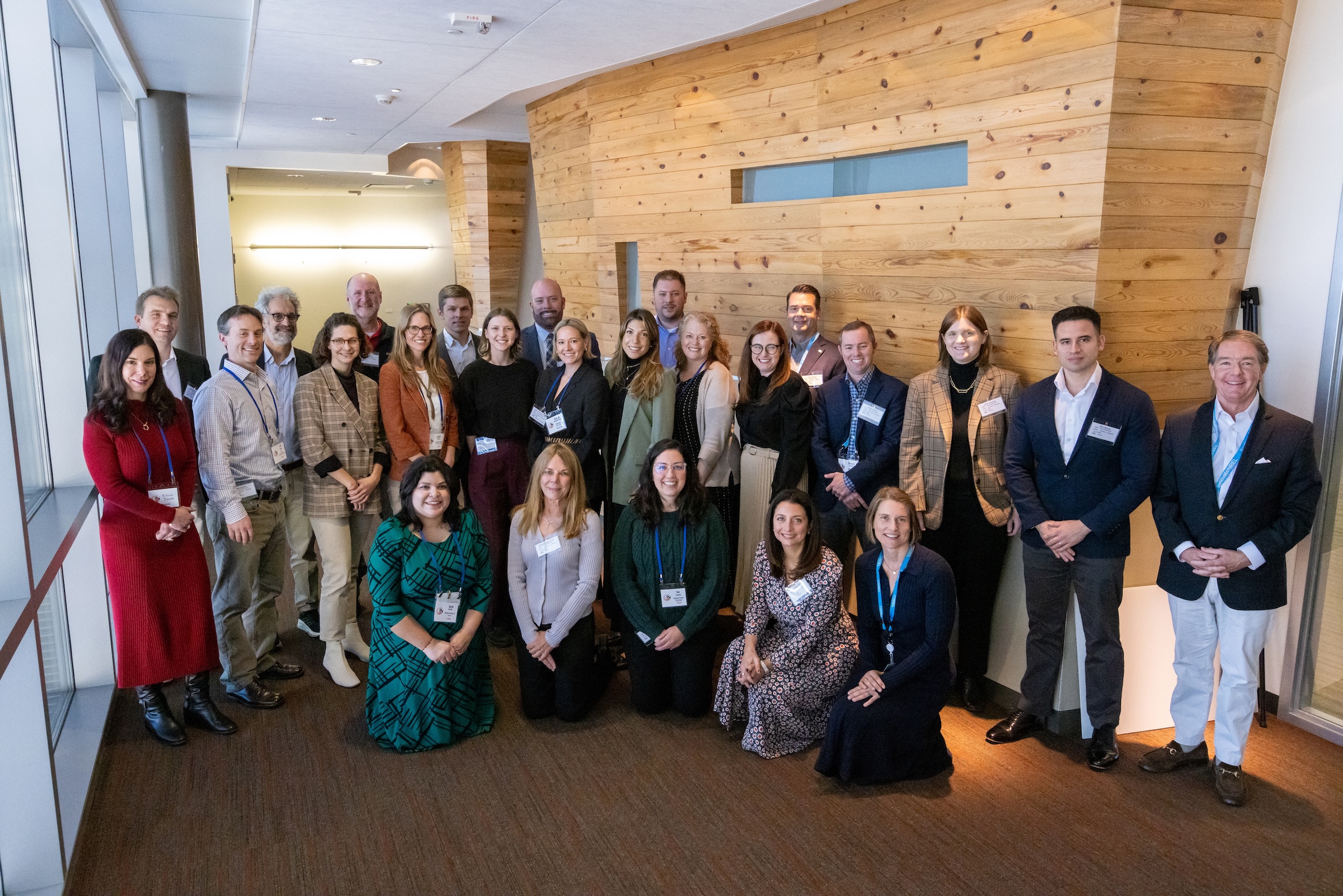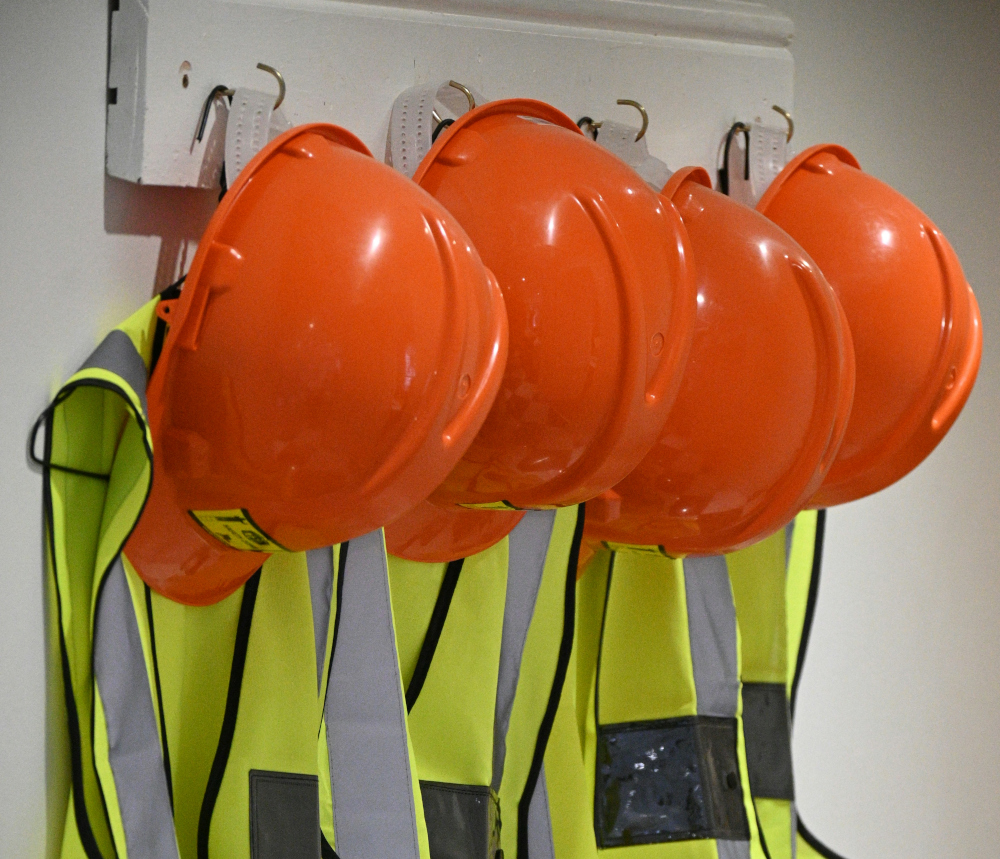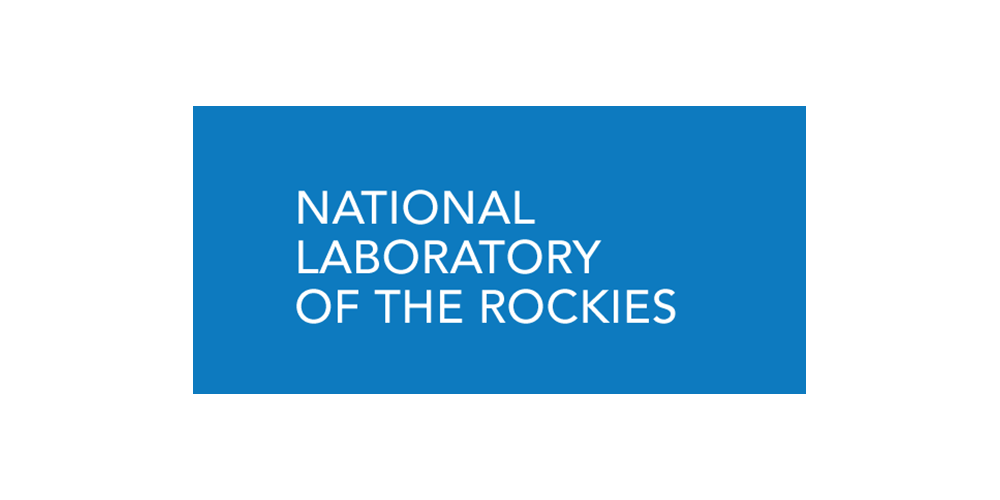
The Wells Fargo Innovation Incubator (IN2) has announced the recipients of $750,000 in pilot funding as part of its inaugural Scalable Tech Track. Funded by Wells Fargo & Co. and co-administered by the U.S. Department of Energy’s National Renewable Energy Laboratory (NREL) in Golden, the program aims to address demand-side barriers to energy technology adoption through large-scale pilot projects.
The Scalable Tech program awarded funding to five organizations to implement innovative energy technology pilots, which will receive expert support from NREL researchers. Projects include retrofitting HVAC systems, enhancing air quality in schools, optimizing data center cooling and improving aging building infrastructure.
“The projects selected for this inaugural cohort embody the spirit of collaboration and innovation,” said Sarah Derdowski, IN2 program manager at NREL. “By integrating an ecosystem approach with scalable drop-in solutions, these pilots aim to demonstrate how energy technologies can address pressing resiliency and infrastructure challenges while establishing replicable pathways for widespread impact.”
The awarded pilots are as follows: CBRE received $150,000 to install and test Blue Frontier’s rooftop HVAC system in Delaware; Coconino County secured $55,000 for air quality solutions at Ponderosa High School in Arizona; Digital Realty received $125,000 for data center chilling improvements in California; Galvanize Real Estate was awarded $200,000 for a building retrofit in New Jersey; and the University of Colorado Boulder received $220,000 for advanced window technology in campus buildings.
These pilots are scheduled to launch in early 2025 and will conclude within six months, reflecting the program’s goal of rapid results and actionable insights. IN2 supports participants by providing resources, peer collaboration and validation from third parties. A panel of judges assessed organizations based on feasibility, impact, pilot readiness and commitment to knowledge sharing.
“Effective adoption of energy innovation requires scalability,” said Jeffrey Schub, head of sustainability at Wells Fargo. “These pilot projects represent a critical step in bridging the gap between promising advanced, and often cost-saving, technologies and widespread adoption. By connecting these industry leaders with resources and expertise, we’re helping them be successful as they pursue their energy and resiliency needs.”
Organizations not selected for pilot funding have also benefited significantly from participating in IN2 by initiating collaborations with NREL and developing resources to promote broader adoption of advanced technologies. The success of this cohort has led to plans for a second round of the Scalable Tech Track, with applications expected to launch in late 2025.


